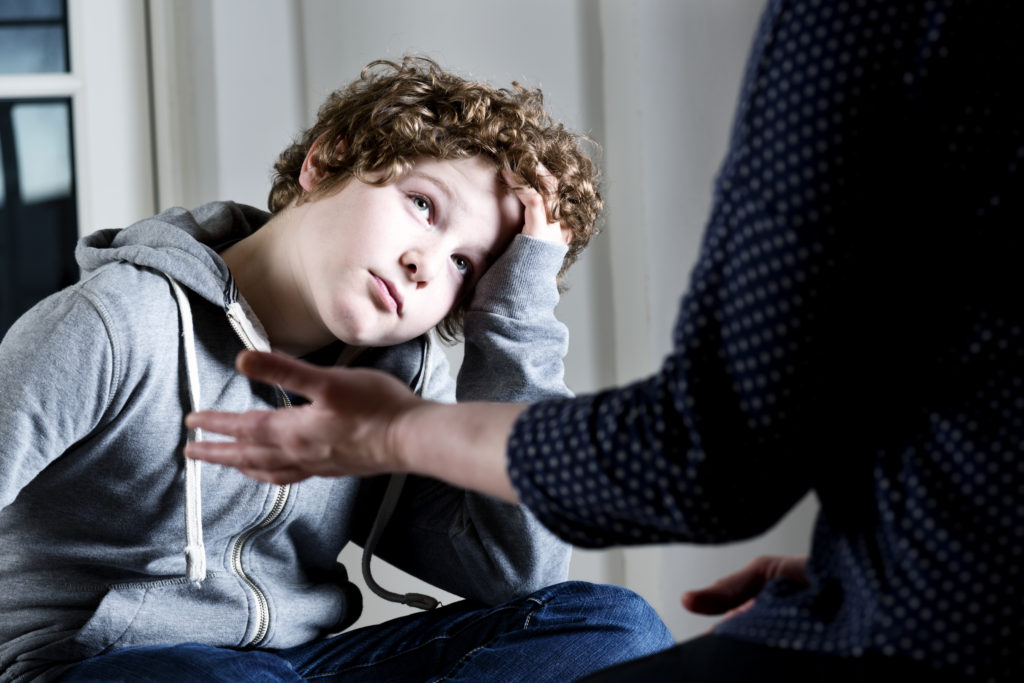


When 15-year-old *Ella’s mental health deteriorated, her whole family was affected.
Ella has anorexia, self-harms and, at times, has suicidal thoughts. As a result of her condition she has been rushed to hospital several times in the past year.
Needless to say Ella’s illness has been devastating for her loved ones. Although she now has a team of professionals supporting her recovery, the impact on her family cannot be understated, according to Camp Simcha, who is supporting Ella’s single mother *Sarah, as well as her younger siblings *David, 12, and *Rachel, 8.
Sarah has given up her job to supervise Ella, so she is very worried about their financial situation. Understandably, her younger children have been very distressed by some of the scenes they have witnessed; it has affected them both at home and at school.
After being referred by their GP, Camp Simcha matched the household with a dedicated Family Liaison Officer (FLO), who is not just a link to their bespoke services but a much-needed support for Sarah.
“I always feel I can talk to freely to my FLO, with no judgement being made,” says Sarah. “She just seems to know what we need and what will help. The situation at home was so volatile and I could see it having a serious impact on my other children. In Camp Simcha, I have found a community I can always turn to.
“They have arranged some incredible practical help, from transport if my daughter needs to urgently go to hospital to a hot, nutritious meal waiting for us when we have a crisis week. For my younger children, Camp Simcha has brought some escape from the pressures of home.
“David has a Camp Simcha ‘Big Brother’ volunteer, who takes him out every week and a tutor to help with school-work. Rachel has weekly sessions with a Camp Simcha art teacher, where she gets to express her feelings in a fun, creative way.”
The whole family have also been on various outings arranged by the charity, giving them an opportunity to have some fun together – and also to spend time with other families in a similar situation.
While Camp Simcha has historically supported children with serious physical illnesses, two years ago it began helping families of children with serious mental health conditions – working with other charities in the community to complement existing services.
Daniel Gillis, deputy chief executive and Head of Services at the charity explains: “Once a child has a network of clinical support in place, we will work as part of a multi-disciplinary team to support the rest of the family.
“Many of the issues, such as the impact on siblings, is the same for mental health as it is for physical. The fact that the child has cancer or an eating disorder…the impact of having an ill sibling can be much the same.”
The pandemic took a huge toll on mental health, something very apparent to Leat Preston, Camp Simcha’s social work manager.
“Some kids thrived but others who are more in need of a routine and social structure… that was all gone and they didn’t know how to find themselves,” she explains.
“A lot of children went on social media and got engrossed in that world and picked up all sorts of things and then they lost their confidence and the skills to socialise. If they already had a mental health difficulty that potentially made it all harder.”
Camp Simcha has visited schools in a bid to reach out to the community. Mrs Preston explains: “We describe what we do and how Camp Simcha supports families in crisis. It’s helping them to look out to see which of their families might benefit from that support.”
If a parent decides to self-refer, the charity carries out an assessment.
“We talk to parents about what’s going on and try to understand who is supporting the family and how it has impacted on them,” said Mrs Preston. “Then we think about whether Camp Simcha is going to be able to make a meaningful difference.
“We aim to make the assessment a reflective therapeutic space so people feel heard, validated, understood.
“If you have a child with a physical issue like cancer or bowel disease or heart problems, everyone rallies round. When your child has mental health issues there’s a lot of shame and stigma and parents often feel blamed. Parents don’t want everyone to know their personal business and the children might not want everyone to know and that adds to it.
“We haven’t got a magic wand but what we have seen over the last couple of years is that we can make a big difference to family life with our support.”
That might be someone for the parents to talk to or activities to support siblings.
“It’s all about the Camp Simcha way,” says Mrs Preston. “It’s the crisis food that goes in when they are having a tough day or a care package when a parent isn’t coping. It’s about that love and constant support.”
*Names have been changed to protect confidentiality